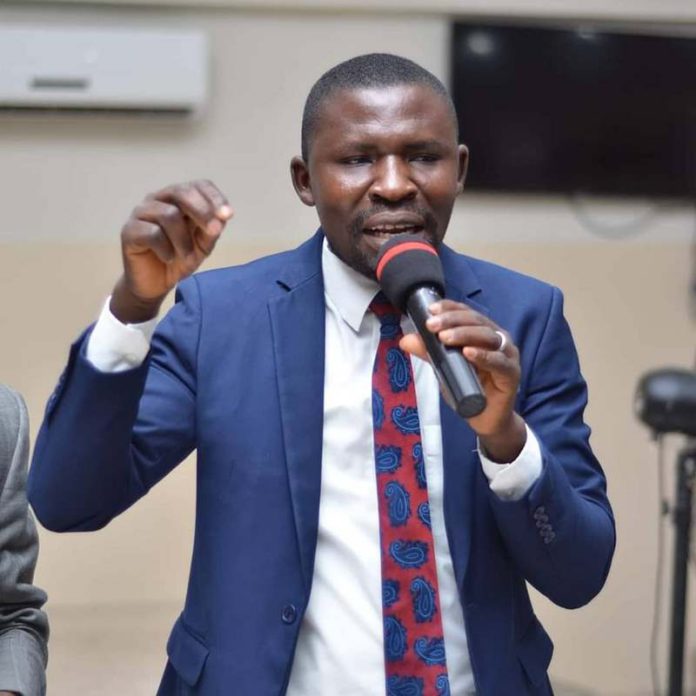After government’s failure to support private schools through the National Board for Small-Scale Industries Covid-19 Recovery Programme, a recent directive by the National Schools Inspectorate Authority (NaSIA) to banks to inspect the certificate of private schools before granting access to their own savings goes to suggest that it is a grand scheme by government agencies to victimise private education in the country.
According to the Ghana National Council of Private Schools (GNACOPS), the directive by NaSIA is not backed by law. It said such a directive can only be issued by the Bank of Ghana and through a court order.
The Executive Director of GNACOPS, Enoch Kwasi Gyetuah, said the Council sighted a letter dated February 12, 2021, with reference number NaSIA/Banks/21/02/01, introducing NaSIA to the banks in Ghana signed by Haggar Hilda Ampadu, PhD, Executive Director/Inspector General of Schools.
Mr Gyetuah said GNACOPS found that the directive issued in the letter in paragraphs 1,2 and 3: “We are by this letter entreating all banks in Ghana to request all pre-tertiary schools, evidence of their registration with NaSIA, in the form of a provisional certificate, provisional licence or full licence, before transacting any business with such schools” is out of the law.
“Who bears the losses of the schools who were not allowed to access their accounts for very important transactions because of your instructions?” he quipped.
Mr Gyetuah said that assuming without admitting that NaSIA has the mandate to write the letter to authorise the banks not to transact any business with the schools, “how was your office expecting these same schools to pay the registration fee your office is requesting for them to pay into your account while you have ‘frozen’ their accounts?”
He said the Council finds the directives and sanctions by NaSIA without board decision and its approval as tantamount to violation of the letter and spirit of Section 94(1).
“The Inspector-General of Schools is responsible for the implementation of the decisions of the board and for the day-to-day administration of the affairs of the Authority,” education regulatory bodies act, Act 1023, 2020, notes.
On the issue of certificate, the Executive Director said directing the banks not to transact business with private schools that are not registered with NaSIA was outside the mandate of the Inspector General of Schools unless it is at the request of the board, which is non-existent at the moment.
“So on whose mandate or with which court order did your office by implication freeze the accounts of schools that are not registered under your office?” the Council questioned.
GNACOPS again said NaSIA is an authority working with and under the Ministry of Education, other sister agencies, associations, developed partners, civil society organisations and others as enshrined in Section 90.1(a) to (k) in the Education Regulatory Bodies Act, Act 1023, 2020, but the interesting thing is that none of these collaborators were consulted before issuing external directives to the banks.
Mr Gyetuah said as much as NaSIA is mandated to register schools, it is not mandated to do so at a fee since registration of schools is not a service to the school.
“The Council wishes to bring to your notice how Act 102.3 has directed NaSIA in matters of administration and finance in Section 122,(a) and (b) ) that funds of a regulatory body established under this act include money approved by Parliament and money derived from fees and charges from services rendered and lastly Section 123.1 of the same says ‘the money for each regulatory body shall be paid into a bank account opened for that purpose with the approval of the Controller and Accountant-General’.”
The Council is, therefore, seeking clarification from NaSIA’s Executive Director as to why such a letter was sent to the banks and called for the immediate withdrawal of the letter to avoid further losses to members.

